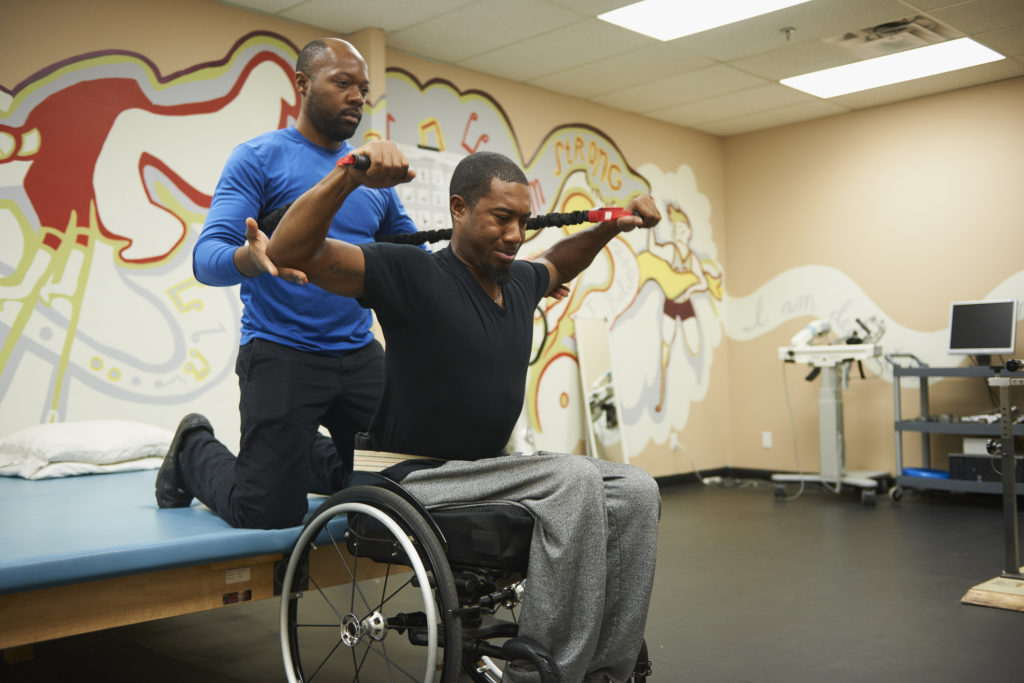
THIS is a True story. The person’s name was changed to protect the privacy of the MS patient. *
On February 16, 2015, Jamal was a 37-year-old black man who was thoroughly enjoying his life. As a part of his job, he tested new Nike products. Jamal loved long distance bicycling trips, running, basketball, football and hiking. He looked and felt in the best of health as he and his long-term girlfriend decided to finally set an official wedding date. Having babies was next on their short-term agenda.
On February17, 2015, like every other morning, Jamal woke up to the song he’d selected
for his phone’s alarm. That was the last thing he remembered before discovering he could not walk. He described his leg as feeling like a thousand-pound weight attached to his body. Following a battery of tests, four days later, Jamal was finally diagnosed with Multiple Sclerosis. A MRI showed a multitude of lesions on his brain and spine. Jamal had obviously had MS a very long time without experiencing any symptoms at all!
In later days, during an in-depth conversation with his neurologist, Jamal remembered about with what was thought to be eye problems fifteen years earlier.
After suffering with double vision for a few days, he’d gone to a doctor but only been referred to an ophthalmologist instead. He remembered some back aches and pains but nothing he thought excruciating enough to warrant medical attention.
Stay informed with MS news and information - Sign-up here
For MS patients, caregivers or clinicians, Care to chat about MS? Join Our online COMMUNITY CHAT




